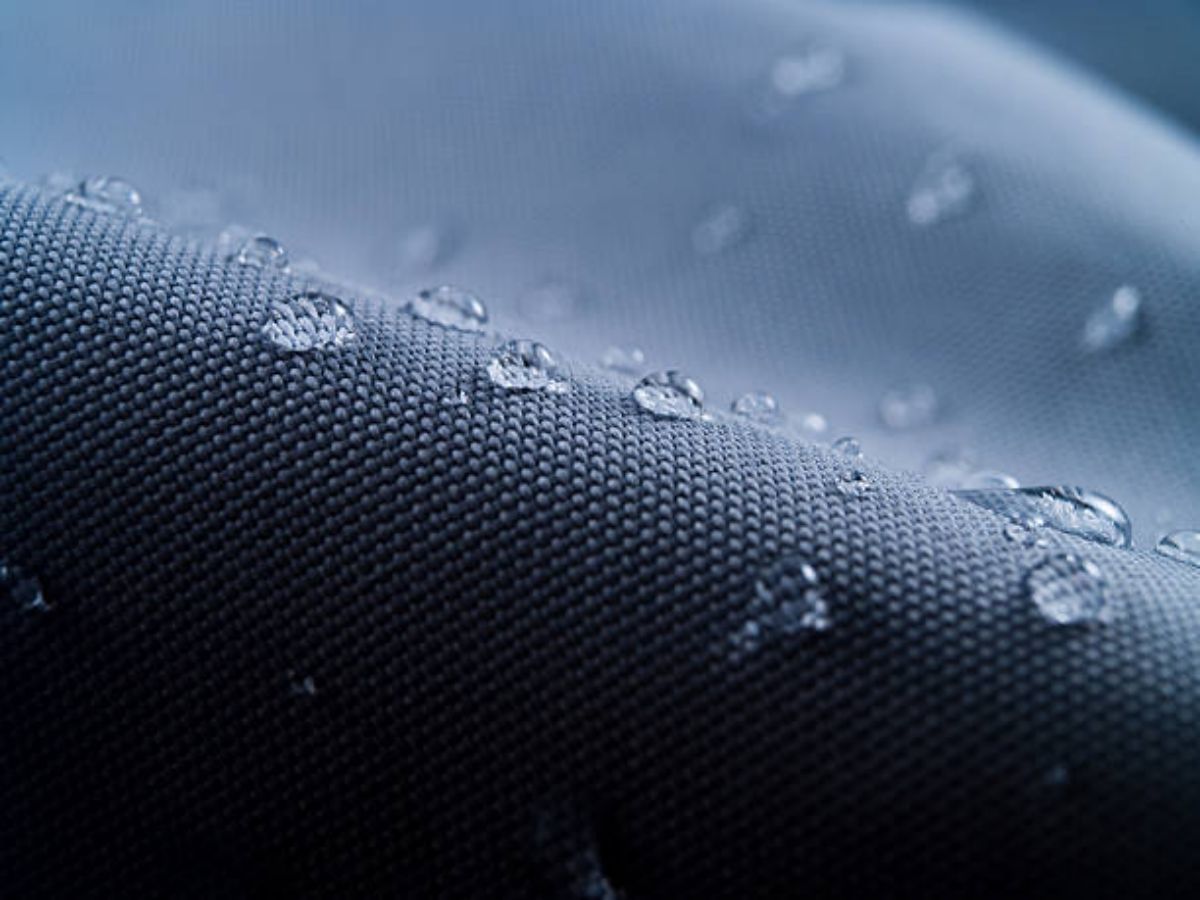Table of Contents

The Rise of 100 recycled nylon: An Eco-Friendly Solution for Sustainable Fashion
As the fashion industry continues to grapple with its environmental impact, more and more brands are turning to sustainable materials to reduce their carbon footprint. One such material that has gained significant attention in recent years is 100 recycled nylon. This innovative fabric offers a range of benefits, from reducing waste to minimizing energy consumption. In this article, we will explore the various aspects of 100 recycled nylon and its importance in the realm of sustainable fashion.
1. Understanding 100 Recycled Nylon
Before delving into the potential of 100 recycled nylon, it is crucial to understand what it actually is. Recycled nylon, also known as regenerated nylon or ECONYL®, is a synthetic fiber made from post-consumer waste such as discarded fishing nets, fabric scraps, and industrial plastic. The process involves collecting and cleaning these materials, followed by a regeneration process that transforms them into new nylon yarn.
2. Environmental Benefits of 100 Recycled Nylon
One of the key advantages of 100 recycled nylon is its positive impact on the environment. By utilizing waste materials that would otherwise end up in landfills or oceans, this fabric helps reduce pollution and waste accumulation. Additionally, the production of recycled nylon requires significantly less energy and water compared to virgin nylon, making it a more sustainable alternative.
3. Durability and Versatility
Contrary to misconceptions about recycled materials being of lower quality, 100 recycled nylon is known for its durability and versatility. The regenerated yarn retains the same properties as virgin nylon, making it suitable for a wide range of applications. From activewear and swimwear to accessories and even carpets, recycled nylon offers endless possibilities for designers and manufacturers.
4. Fashion Industry's Embrace of Recycled Nylon
Leading fashion brands are increasingly recognizing the importance of incorporating sustainable materials into their collections. Many renowned designers have embraced 100 recycled nylon, incorporating it into their garments and accessories. This shift highlights the growing demand for eco-friendly fashion choices and the industry's commitment to reducing its environmental impact.
5. Positive Social Impact
Choosing 100 recycled nylon goes beyond environmental benefits; it also has a positive social impact. The collection and recycling of discarded fishing nets not only helps clean up our oceans but also supports local communities that rely on fishing for their livelihood. By repurposing these nets into new materials, recycled nylon contributes to both environmental and social sustainability.
6. Performance and Comfort
Another misconception about recycled materials is their potential compromise on performance and comfort. However, 100 recycled nylon offers the same level of performance as virgin nylon, ensuring that consumers do not have to compromise on quality. The fabric's moisture-wicking properties, breathability, and stretch make it ideal for athletic and outdoor apparel, providing comfort without sacrificing sustainability.
7. The Role of 100 Recycled Nylon in Circular Fashion
One of the primary goals of the sustainable fashion movement is to transition towards a circular economy, where resources are reused and recycled rather than disposed of. 100 recycled nylon plays a crucial role in this transition by providing a sustainable alternative to traditional nylon. By closing the loop and repurposing waste materials, recycled nylon contributes to the circular fashion system.
8. Collaborations and Innovations
The rise of 100 recycled nylon has sparked collaborations and innovations within the fashion industry. Brands are partnering with recycling initiatives and technology companies to develop new ways of sourcing and utilizing recycled materials. These collaborations foster creativity and push the boundaries of sustainable fashion, resulting in innovative designs that benefit both the planet and consumers.
9. Consumer Awareness and Demand
As consumers become more conscious of the environmental impact of their purchases, there has been a significant increase in demand for sustainable fashion options. 100 recycled nylon aligns with this growing awareness and offers consumers a choice to support eco-friendly practices. By investing in products made from recycled materials, consumers can actively contribute to a more sustainable future.
10. The Future of 100 Recycled Nylon
The future looks promising for 100 recycled nylon as more brands and consumers embrace sustainable fashion. With advancements in technology and increased awareness of the benefits of recycled materials, we can expect to see further innovations and applications of recycled nylon across various industries. As we strive towards a more sustainable future, 100 recycled nylon will undoubtedly play a vital role in shaping the fashion industry.
